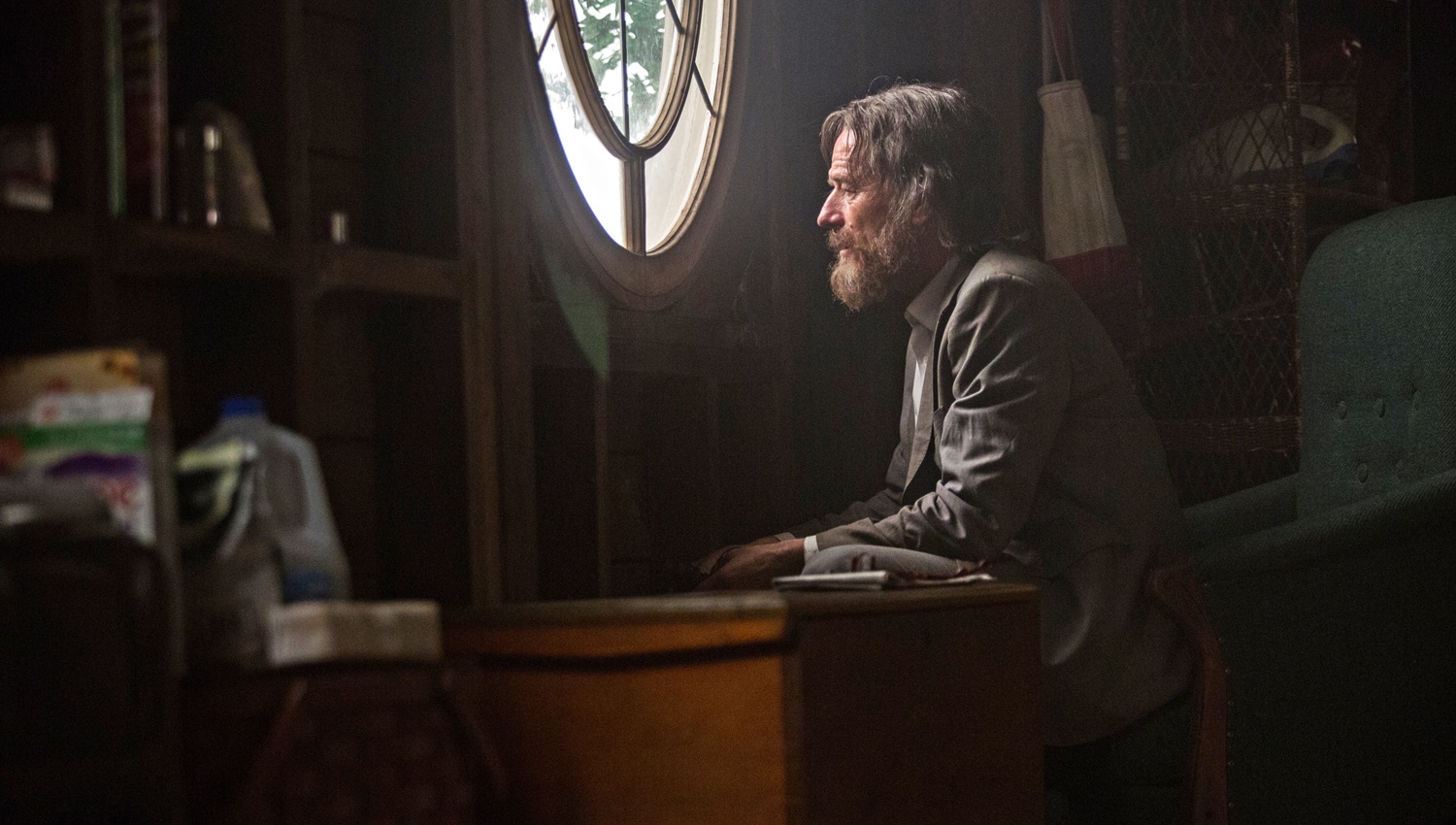
Wakefield
Dustin Chase
Voyeurism is a curious aspect of life that applies to all humans in various amounts. Writer/director Robin Swicord (Jane Austin Book Club) takes that idea and applies it to the suburban household. Wakefield becomes this bizarre, occasionally profound, glimpse into a family that loses its patriarch. Academy Award nominee Cranston preforms almost entirely in seclusion, as a father watching his family from a distance. The film could almost be compared to Ghost, how the husband watches his wife endure, except here it’s by choice, with the ability to return at any moment. Wakefield begins as a fascinating experiment on reaction, but midway through digs itself into a hole narratively that’s somewhat impossible recover from without disappointing half the audience.
Howard Wakefield (Cranston) is a busy man, lots of responsibilities regarding work and his family. On a normal spring night in from the city, the train loses power, he’s forced to complete the rest of the trip on foot. Stunned by a racoon, he chases the animal to an upstairs garage which directly faces his house. There he stops, sits, and watches his wife (Garner) of 15 years, with his twin daughters having dinner without him. The next morning, still in the garage, he continues to watch. He becomes obsessed with their reactions to his assumed disappearance. Cops, friends, relatives, come and go, months pass, Howard’s beard grows, his stench loud. He becomes the beggar on the street, eating food from the trash, but never relenting in the pleasure of watching his life go on without him.
Bizarre and occasionally profound.
The character of Howard is quick to point out, that he doesn’t want to cause any unnecessary cruelty. There will be strong, differing opinions on Wakefield, in fact some might find it so absurd they won’t finish the story. The setup is thoroughly explained, covering nearly all angles about where he goes to the bathroom, how he avoids being caught, and how someone could survive in this constant holding pattern. The conveniences are there of course, he happens to be well off, with a perfectly situated garage facing a mostly large windowed home for easy viewing. Cranston though is excellent in this role, mocking the visitors from a distance, giving voice over to the conversations he watches from afar. It’s initially very entertaining.
Wakefield isn’t a comedy however and during the halfway point the film takes a dramatic turn, becoming more like the Nicholas Cage flick The Family Man. A lesson is meant to be learned here but the profound is served with the absurd. “I never left my wife. I left myself,” he explains to the audience. Swicord’s script keeps the audience invested by offering up a variety of ways this story could end, even teasing us as Howard envisions just bursting back into the house, “Gotacha!” he imagines saying. We are teased with his death, simple abandonment, or getting caught in a variety of unexplainable ways. These urge the audience to stick around for a conclusion that’s impossible to predict and not all together satisfying (groans could be heard before the credits).
Final Thought
An unusually captivating, voyeuristic story of self-reflection and another unforgettable performance from Cranston.
